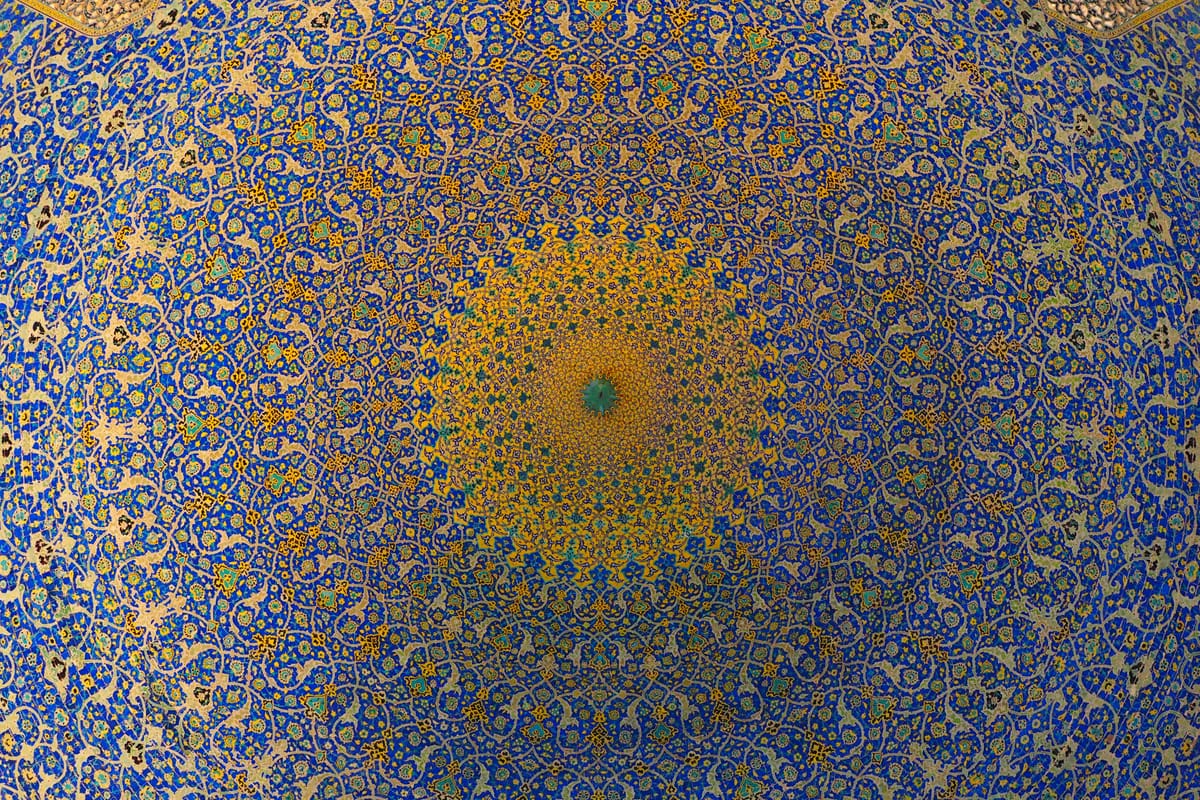The different people we are

Whenever you publish a reflection on the Lectionary, The Christian Century sends out a accompanying newsletter piece. This one goes along with my piece on 1 Corinthians.
There is a theory that our personalities are fractal, which is to say, we are different people not only at different stages in our lives but also at the same time in the various social contexts we inhabit.
This is a dangerous idea. I’ve seen firsthand the damage it can do in the church: pastors ousted for being someone in the outside world other than who they appeared to be in their congregation, laypeople shamed out of their church after a divorce or coming out of the closet.
There are other reasons to approach the theory with caution. After all, it was a favorite of Christopher Poole, aka “moot,” founder of the infamous 4chan, where anonymity allows users to express their darker sides through trolling, misogyny, and neo-Nazi recruitment, among other unsavory activities.
But—and this is one heck of a “but”—after all that, what if the multiplicity of our identities isn’t just some deviant theory? What if it’s actually a fact of life?
Obviously, we all have different sides of ourselves that we reveal in part or full or not at all depending on the context. And especially in this age of social media, most people have many, many potential contexts to choose from.
Like Paul boasting to the Corinthian church about being all things to all people, we become a happy family for a Facebook post. Instagram influencers become as one “spontaneously” recommending a product. Twitter users become as political pundits (or sports commentators), throwing up edgy opinions they would never share in the office. All of these expressions add up to curations of identities and discrepancies with the image we have built in other places.
And then there are the identities we acquire just through living in the world. I am a middle-aged, White, cis-gender, heterosexual male. I am also someone with lived experience of mental illness. You might be Black, or transgender, an immigrant, or a person with a disability.
These descriptors come together in complex and sometimes antagonistic ways—and they never completely capture the entirety of a person. Nevertheless, they become quite relevant in the world of the church, where all too often people still must bear the weight of their very selves being unacceptable to the community.
These are confounding issues for Christians. At least they should be, if we take them seriously. We proclaim the grace and mercy of a man who is held to be the same throughout all time. Yet even he has been depicted in radically different ways across thousands of years. That goes right down to the source materials of the New Testament, which were preserved unreconciled because his story was too big for any one telling.
And yet, Christians have often insisted on a single, best-self identity put on for the community, at the risk of authenticity. But the church could choose otherwise.
If you’ve ever looked at a magnified image of a crystal, you will know that they grow fractally, with self-similar pieces coming together to make a larger, beautiful unity. The body of Christ, with its many members, could embrace the totality of the fractals. It could choose to accept all the miniature pieces that make us up: good, bad, and ugly, all the personas and identities and labels.
What would it look like to gather in the many differences and contradictions of individuals and address their struggle to put them together in a coherent whole?